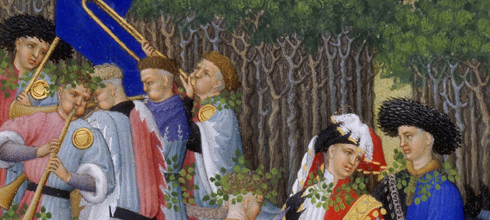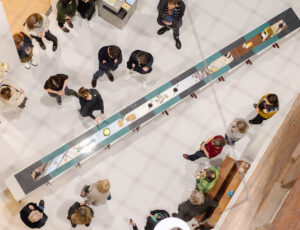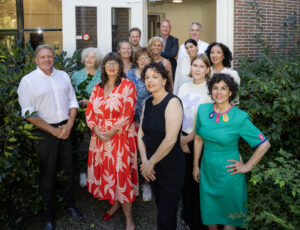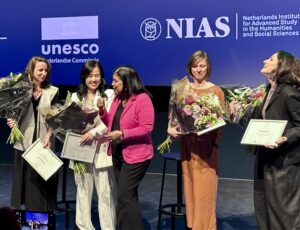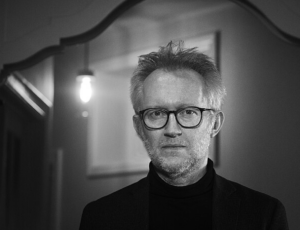A consortium of music scholars from the University of Cambridge, the University of Heidelberg, Charles University Prague, the Polish Academy of Sciences in Warsaw, and Utrecht University under leadership of Professor Karl Kügle (Utrecht University, Musicology) has been awarded a prestigious HERA subsidy in the amount of 1.2 million euro for their project ‘Sound Memories: The Musical Past in Late-Medieval and Early-Modern Europe’ (SoundMe). The consortium responded to the call for Joint Research Proposals ‘Uses of the Past’ issued recently by the HERA (Humanities in the European Research Area) international research agency. In the upcoming three years (2016-2019), the scholars will investigate the genesis and early development of the concept of ‘music of the past’ in 13th-century Paris, made possible by newly invented technologies of writing musical time. They will also trace the deployment of such music in the service of various political and religious agendas across Europe in a series of case studies ranging chronologically from the 14th to the 16th century. They are supported in their efforts by the singers of the Ascoli Ensemble (The Hague) who will be instrumental in disseminating the research to the general public.
The Cambridge team will address the cultural and intellectual background of the first large-scale retrospective music collections ever produced in Europe in the time of saintly French king Louis IX in Paris. Researchers in Utrecht will explore the music cultivated by followers of the Modern Devotion in late-medieval Utrecht and of early-modern Beguines in Amsterdam, both evoking earlier, ‘better’ times through their choices of musical style and repertoire. The new Lutheran liturgies of 16th-century Germany, and the enigmatic ‘retrospective’ musical practices of 14th, 15th and 16th-century Bohemia and Poland all sought to own the cultural capital invested in the past through cultivating ‘old-fashioned’, even ‘archaic’ musical styles and will be investigated by the teams active in Heidelberg, Prague and Warsaw.
The five teams and the ensemble will meet regularly in the five participating countries for project meetings and workshops.
If the widespread appreciation of older music in today’s canon of ‘classical’ works has generally been linked to 19th-century developments, in particular nation-building, the SoundMe project argues that this cultural practice was deftly appropriated by 19th-century cultural critics but has its roots many centuries earlier, in some of the most radical epistemological innovations of late-medieval Europe.
SoundMe is one of 18 proposals awarded funding out of a total of 605 applications submitted in response to the call ‘Uses of the Past’. Karl Kügle was a senior fellow at NIAS during the academic year 2014-15 and developed the grant in the course of his fellowship year.
